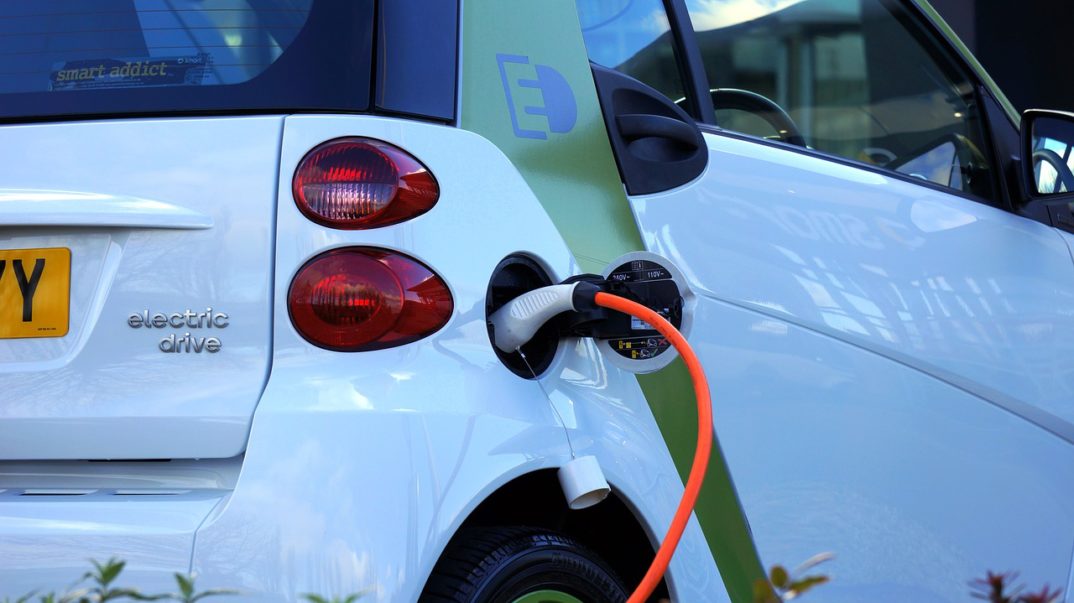The Costs of a World Without Fossil Fuel-Powered Cars
On July 4, car giant Volvo announced its plan to suspend all production of non-electric or hybrid cars by the year 2019. This means that Volvo will not produce any new diesel or gasoline-powered cars in only two years. In reaction to this announcement, France’s new cabinet released an ambitious plan to ban all diesel and petroleum-fueled car sales by 2040. Though France is not the only country to take this approach to clean energy transition, regulating the sale of petroleum-fueled cars is still very rare. France’s ecology minister stated that the new standard was “a way to fight against air pollution.” Though this move is being applauded by many environmentalists, is the French government’s regulation of petroleum fueled cars really better for the environment? And how will this new regulation influence socioeconomic inequality?
It is a widely accepted notion among scientists and environmentalists alike that electric cars are better than their counterparts in terms of carbon emissions. Electric cars produce less than half the carbon dioxide equivalent emissions per mile as gasoline cars. Additionally, electric cars often emit lower levels of air pollutants than standard petrol cars, and improve the overall air quality of cities. With climate change as the defining environmental issue in the modern era, many agree that reduction of carbon emissions should be a priority. Transportation contributes to nearly one third of France’s overall greenhouse gas emissions, making transport France’s biggest sector contributing to climate change.
Electric cars are also extremely energy-versatile. While gasoline powered cars only have the potential to derive fuel from oil, electric cars can derive energy from a variety of sources, including wind power, solar power, nuclear power, or coal. This versatility not only encourages clean energy development, but also increases the economic resiliency of fuel. Relying solely on oil as a transportation energy source has led to major societal economic crises, including the 2016 French fuel crisis.
However, not all environmentalists are convinced electric cars are better for the environment and society in general. Though their average greenhouse gas emissions are less, electric cars’ use of rare earth metals can have a large negative environmental impact. In his book, The Elements of Power, David Abraham examines the environmental impacts of rare earth mining. At one mine in Jiangxi, China, “rare earths amounted to 0.2 percent of what gets pulled out of the ground. The other 99.8 percent—now contaminated with toxic chemicals—is dumped back into the environment.” In fact, the process of building an electric car actually emits more greenhouse gases than that of a regular, gasoline-fueled car.
Another environmental impact of electric cars is the source of energy generating the electricity. Though France touts about 75 percent clean of its electricity is from clean energy, this clean energy comes primarily from nuclear power, which has been heavily criticized by environmental groups like Greenpeace. Large nuclear meltdowns such as Chernobyl and Fukashima Daiichi serve as reminders of nuclear power’s potential for large-scale environmental disaster. Uranium used in nuclear fission is mined in processes that require an enormous amount of fossil fuels and produce great quantities of toxic waste.
Lastly, there is no clear-cut solution for storing the waste leftover from the nuclear fission process. France has taken the approach of storing this waste underground for 100,000 years, but is still developing a way to warn future generations of the danger of excavating the area. The construction of such sites can also raise questions of environmental justice. In April, French citizens began protesting the construction of a new nuclear waste storage facility in the small town of Bure. Environmental groups have joined forces with the local community to protest what they see as a degradation of the environment, as well as a threat to the safety and happiness of the inhabitants of Bure.
Additionally, could this new measure have unfair economic impacts for members of lower socioeconomic classes and rural citizens? Though the ban doesn’t take effect for 20 years, it could influence the affordability of cars. Though France provides economic incentives to consumers, electric cars themselves are still relatively expensive. And in terms of used cars, the ban could influence the age and availability of affordable pre-owned vehicles. Lastly, France does not appear to have widespread access to electric charging stations according to the latest data on the French government’s registry. Though France has an impressive public transport system, 20 percent of French citizens still live in rural areas, making vehicles a larger necessity.
Whether or not France’s ban will uphold, or even be necessary over the next 20 years, is not easy to say. However, as a large European power, the French have set a precedent in terms of government regulation of clean energy and electric cars. However, there are many implications to consider before labeling the government’s decision as green or equitable.





